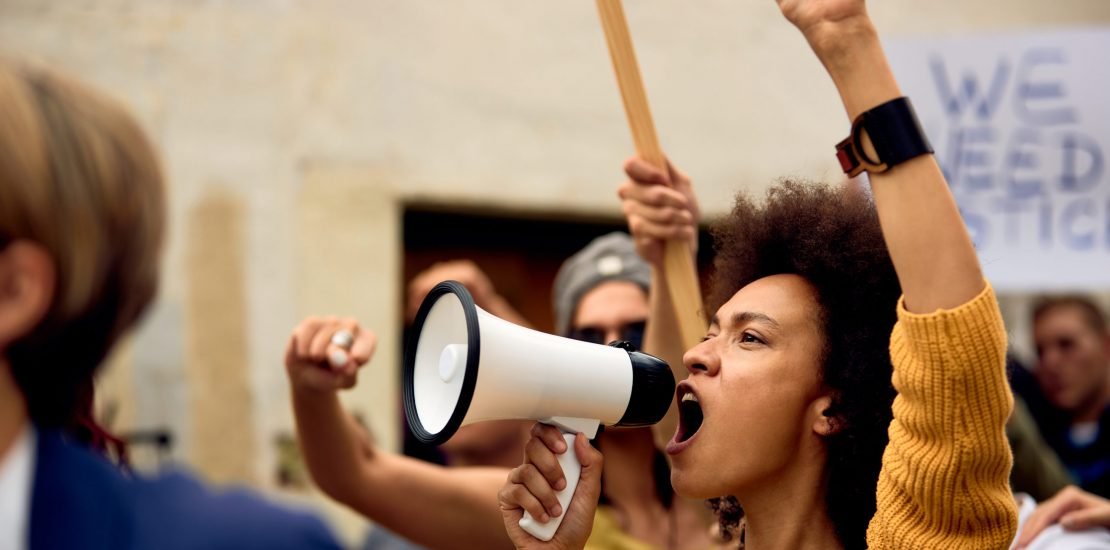- April 26, 2022
- Posted by: Administrator
- Category: News

[ad_1]
The word “marijuana” will be stricken from all legislation in the state of Washington under a bill recently passed by state lawmakers. The measure, House Bill 1210, will replace the term “marijuana” with the word “cannabis” in all state statutes after being signed into law by Democratic Governor Jay Inslee last month.
Democratic state Representative Melanie Morgan, the sponsor of the legislation, told her colleagues in the House last year that the word “marijuana” has racial undertones that go back nearly a century.
“The term ‘marijuana’ itself is pejorative and racist,” Morgan said. “As recreational marijuana use became more popular, it was negatively associated with Mexican immigrants.”
“Even though it seems simple because it’s just one word, the reality is, we’re healing the wrongs that were committed against Black and Brown people around cannabis,” she added.
Racist Language in Legislation
Morgan said that the word’s racist connotation was initiated by Harry Anslinger, the first commissioner of the Federal Bureau of Narcotics, which later became the Drug Enforcement Administration. Anslinger was an instrumental force in the passage of the Marijuana Tax Act of 1937, which began the U.S. prohibition of cannabis.
“It was … Anslinger that said, and I quote, ‘Marijuana is the most violent causing drug in the history of mankind. And most marijuana users are Negroes, Hispanic, Caribbean, and entertainers. Their satanic music, jazz, and swing results from marijuana usage,’” Morgan said during a legislative hearing.
State Representative Emily Wicks said the bill can help change how conversations about cannabis are framed.
“Although we call it a technical fix, I think it does a lot to undo, or at least correct in some effort, some of the serious harms around this language,” Wicks said.
Joy Hollingsworth, who owns Hollingsworth Cannabis Company with her family, told KIRO television news that the word “marijuana” is an unwelcome term for many people in communities of color.
“It had been talked about for a long time in our community about how that word demonizes the cannabis plant,” said Hollingsworth, who learned about the negative association of the word from her mother.
“She was the one who educated us on the term and how it was derogatory, and we shouldn’t use it anymore,” Hollingsworth said. “We have a lot of people, especially in the Black community, that went to prison over cannabis for years, that were locked up, separated from their nuclear family, which is huge.”
Hollingsworth said that House Bill 1210 is a step in the right direction. But she would also like to see more action on social equity in cannabis from state lawmakers.
“We’ll take any win, right? But we don’t want to get caught up on the performative equity piece where we’re just talking about words and not actual legislation and policy,” Hollingsworth said.
One possibility would be to invest cannabis taxes in communities disproportionately impacted by the War on Drugs.
“We will feel like the industry has paid off when we see those funds get put into college scholarships,” Hollingsworth said. “Maybe a family wanted to buy a home, and they were from the Central District of Seattle, and they wanted to go back there because they were priced out. They could get a loan from those funds. Thinking about creative ways to make impactful scalable solutions in our community is what I’m looking for.”
Cannabis Industry and Advocates Support Bill
House Bill 1210 was supported by state and national cannabis reform advocacy groups and industry representatives, including the Craft Cannabis Coalition (CCC), a Tacoma-based retail trade group.
“Our association is supportive of social equity in the cannabis industry and strongly recognize the harm the war on drugs caused,” CCC Executive Director Adán Espino Jr. told The Center Square in an email. “We do not feel as strongly about the term ‘marijuana’ as others seem to, but we do appreciate the transition to the term ‘cannabis’ as the industry continues to develop and professionalize. If the term ‘marijuana’ has fallen out of practice, that is just the reality of it.”
Tiffany Watkins, a member of the National Cannabis Industry Association’s Diversity, Equity & Inclusion Committee, said that Washington needs to make more substantive efforts at social equity in the cannabis industry.
“While it’s definitely time to steer permanently away from terms based in racism, replacing marijuana with cannabis is merely a drop in the ocean when it comes to correcting the wrong done by the war on drugs,” she said via email. “Much more attention needs to be brought to how a state with over 10 years of legal cannabis operations still has no social equity program in place to acknowledge the barriers to entry for its BIPOC [Black, indigenous, people of color] individuals.”
In 2020, the Washington legislature established the Washington Task Force on Social Equity in Cannabis to develop policies and recommendations to support social equity in the state’s cannabis industry. The panel is currently working on proposals to provide grants to social equity applicants to help fund the launch and licensing of new cannabis businesses. House Bill 1210 goes into effect in June.
[ad_2]
Source link
